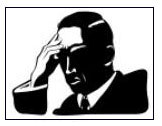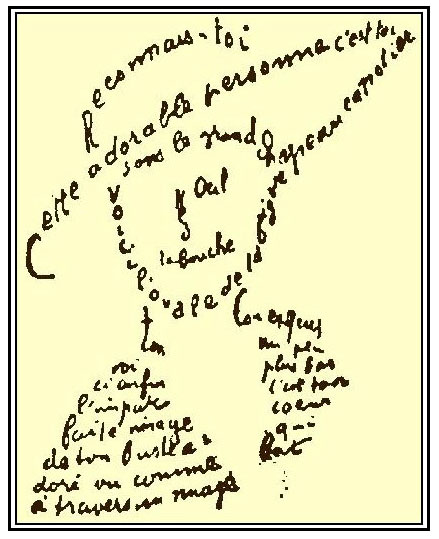Knowledge “Knowledge cumulates in the sciences, but not in the humanities.” ― Anonymous “Knowledge is knowing a tomato is a fruit; Wisdom is not putting it in a fruit salad". ― Anonymous "I hear and I forget; I see and I remember; I do and I understand" ― Confucius The dictionary defines knowledge as “facts, information, understanding or skills that is acquired through experience or education”. Similarly, scientific knowledge is knowledge based on theories, principles and laws based on observations in the world. The study of knowledge is called epistemology where philosophers debate and mediate its definition. The classical definition of knowledge begins with Plato who defined knowledge as “justified true belief”. To simplify the bewildering ways to classify knowledge the Golden Seat categorizes knowledge into three types: Personal, Conceptual and Procedural. Learning knowledge can be generalized into two groups: Passive Learning (listening, seeing, reading) and Active Learning (talking, writing, doing). All the three knowledge types use a mix of passive and active learning with and emphasis of one over of the other. Personal
Knowledge Conceptual
Knowledge The second type of knowledge is conceptual knowledge (also known as ‘declarative’, ‘propositional’ or ‘descriptive’ knowledge). Conceptual Knowledge is a broad category that includes facts, concepts and principles. In addition to Personal Knowledge, all knowledge starts out Conceptual Knowledge. It is the “knowing of” something or “knowing why” something happens or acts in a particular way. In regards to the Physical Sciences, an example of conceptual knowledge is understanding Newton’s 2nd law of motion: the vector sum of the forces on an object equals the mass of the object multiplied by the acceleration of the object (F=ma). Procedural
Knowledge Procedural knowledge is “know how” or "know what" knowledge. Cooking recipes or step-by-step instructions are examples of procedural knowledge. Other examples include: learning to ride a bicycle, drive a car, play the piano, to hit a nail with a hammer or how tight to make a bandage. The Procedural Knowledge ‘toolbox’ contains facts, skills, procedures, algorithms or methods. It is very involved with the senses: hands-on experience like On-the-Job-Training (OJT), practice at solving problems, understanding the limitations of a specific solution. Philosophers refer to knowledge from experience as “empirical knowledge”. When we claim to know how to juggle, how to drive or how to create a web site, we are not simply claiming that we understand the theory involved, but that we actually possess the skills involved to do those things. Back to our knowledge of Newton’s 2nd law of motion, with this concept, Procedural Knowledge could then be created to solve specific mechanical-energy problems. Note: Conceptual Knowledge (and some personal) was required first. “There are three rules for writing the novel. Unfortunately, no one knows what they are.” W. Somerset Maugham No doubt, there is endless debate on that if a song, poem or novel is created with a process it is ‘tainted’. If one is sincere and serious about their art then one should be free to use informal or formal processes, and most likely it will be a mix to get that desired special result.
z
|


